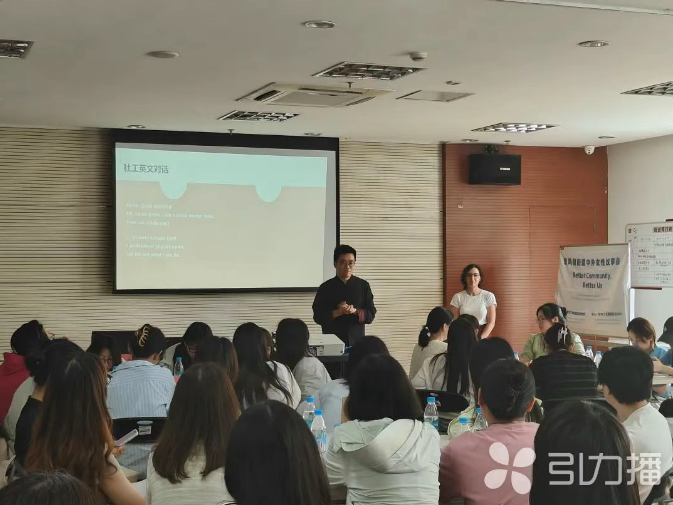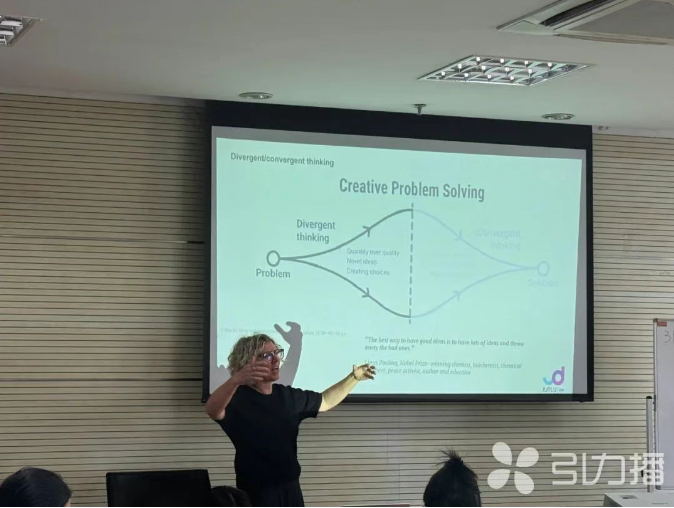Welcome to Suzhou
Return Charming Cities
"I am a social worker here. How can I help you?" "I just moved here. I'd like to know how I can drive my car here." In Suzhou Industrial Park (SIP), expatriates are playing a significant role in grassroots governance. A foreign-oriented English communication skills enhancement workshop was recently held at the Fangzhou Neighborhood Center. Through scenario simulations, cross-cultural communication volunteers Liu Xudong and Alessia, an Italian Ph.D. candidate at Xi'an Jiaotong-Liverpool University, vividly demonstrated the recipe for serving residents from other countries to over 30 community workers from Jinji Lake Subdistrict.

To better serve expats, social workers need to master basic English expressions, while also understanding their cultural backgrounds and leveraging body language to convey messages effectively. Liu noted that in typical social work dialogues with foreigners, the Rule of Mehrabian applies: 7% of communication is transmitted by words, 38% by tone of voice and 55% by body language. "Fluency in spoken English isn't the priority—solving problems is what truly matters," he emphasized.
"It took me about six months to adapt to life in Suzhou, and I transitioned from being someone receiving services to becoming a volunteer myself," said Alessia. She also shared her life in SIP in Chinese during the role-playing session. She recounted her journey from initial anxiety about the unfamiliar environment upon arriving in China two years ago, to actively integrating into the community and eventually finding pride in becoming a foreign volunteer. Through interactions with local social workers and residents, she has become more confident and outgoing.
"We previously organized a Knocking on Doors event in Tianyu Community to find challenges faced by expats and provide help. We also created a WeChat group. When the neighborhood committee posts announcements, we translate and re-share them in English," explained Alessia, whose Ph.D. research focuses on grassroots governance structures in China's Yangtze River Delta region. She emphasized how her volunteer work aligns closely with her academic research, offering invaluable practical insights.
"Foreign residents make up 23 percent of our community population, and we frequently receive them for consultations and services. This training helps us better meet their needs," said Ni Yannan, a staff member from Tianyu Community. She assisted a "new foreign resident" played by Alessia in finding an international hospital, successfully helping her get a new skill.

Foreign volunteer Emanuela Corti is conducting a specialized training session on improving community work efficiency. Photo/Jin Jixuan
That afternoon, foreign volunteer Emanuela Corti also conducted a specialized training session on improving the efficiency of community services, teaching participants to apply high-efficiency tools and leverage stakeholder coordination strategies to strengthen consensus-building and enhance grassroots governance efficiency.
(Source: 引力播 (Yinlibo app))
Source:iSzhou





 京公网安备
京公网安备